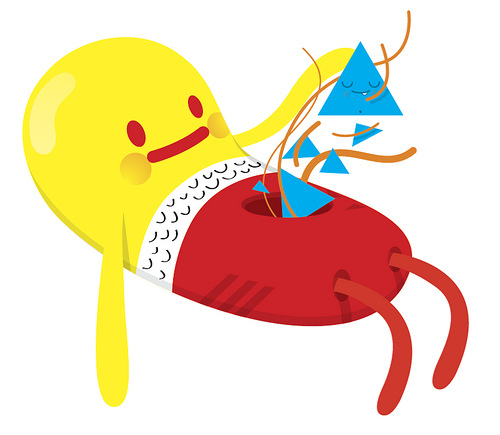New Study Suggests Drug Ads Ineffective, But Expensive For Consumers
Researchers at the University of British Columbia in Vancouver looked at sales figures and prices for the blood thinner Plavix after direct-to-consumer advertising started in 2001. What they found was that the campaign was largely ineffective at increasing prescribing rates, but that the price of the drug shot up 12% almost immediately to cover the cost of the marketing campaign.
In other words, direct-to-consumer drug marketing may be both ineffective and expensive for the consumer. For the state as well: the Plavix campaign ended up costing 27 state Medicaid programs an additional $207 million from 2001-2005, say the authors of the study.
Since this is only one drug, the authors note that there needs to be more research to see whether it applies across the board:
“If drug price increases after DTCA [direct to consumer advertising] initiation are common, there are important implications for payers and for policy makers in the United States and elsewhere. Future longitudinal studies should examine other drugs and settings.”
“US consumer ads ‘led to higher drug prices'” [PharmaTimes]
Want more consumer news? Visit our parent organization, Consumer Reports, for the latest on scams, recalls, and other consumer issues.


